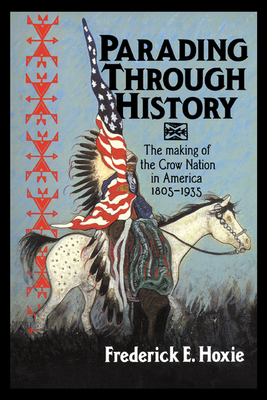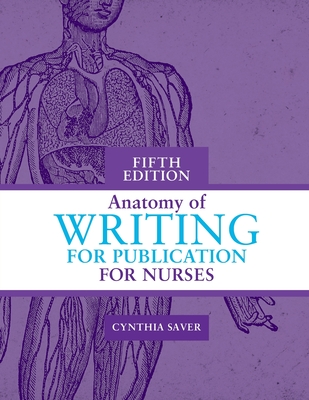
Hoxie, Frederick E.
product information
description
ks their nineteenth-century nomadic life and their modern existence. The Crows not only withstood the dislocation and conquest visited on them after 1805, but acted in the midst of these events to construct a modern Indian community--a nation. Their efforts sustained the pride and strength reflected in Chief Plenty Coups' statement in 1925 that he did "not care at all what historians have to say about Crow Indians," as well as their community's faith in the beauty of its traditions and its inventions. Frederick E. Hoxie demonstrates that contact with outsiders drew the Crows together and tested their ability to adapt their traditions to new conditions. He emphasizes political life, but also describes changes in social relations, religious beliefs, and economic activities. His final chapter discusses the significance of the Crow experience for American history in general.
member goods
No member items were found under this heading.
Return Policy
All sales are final
Shipping
No special shipping considerations available.
Shipping fees determined at checkout.







